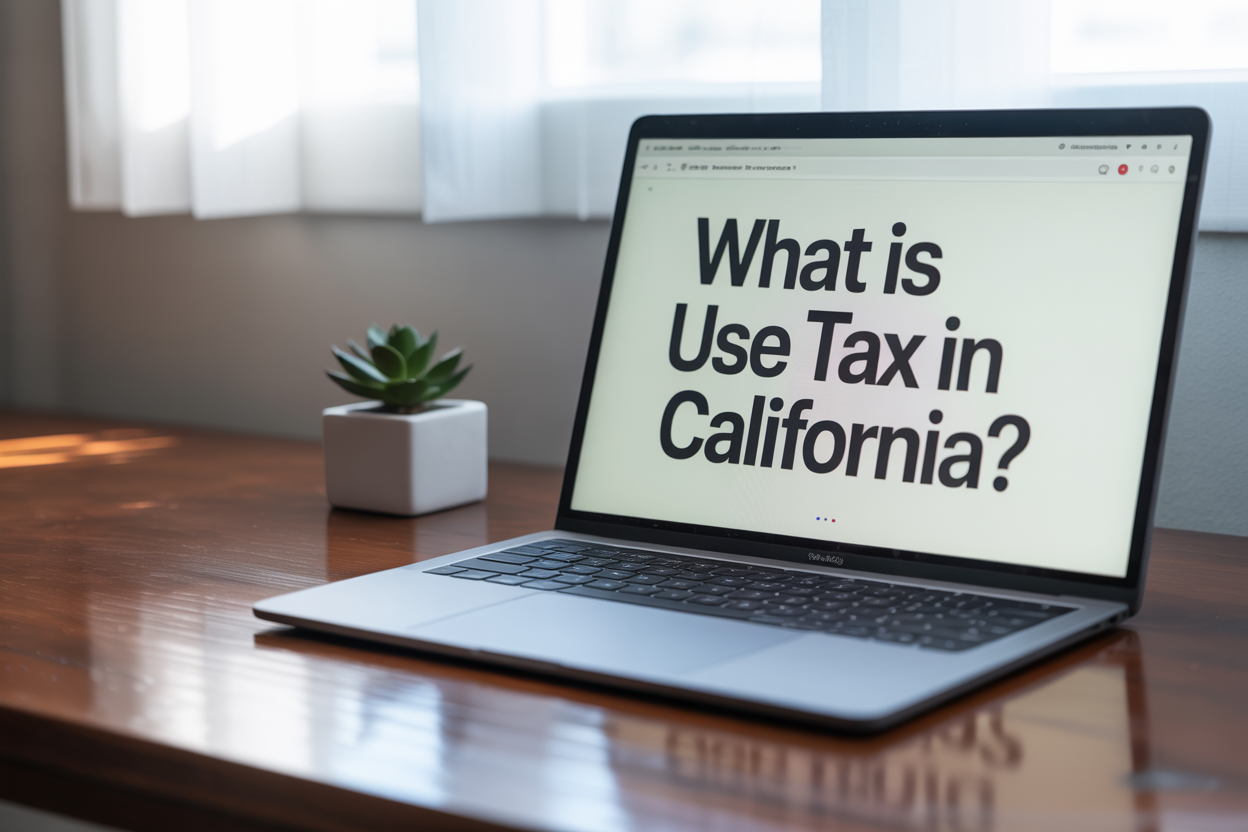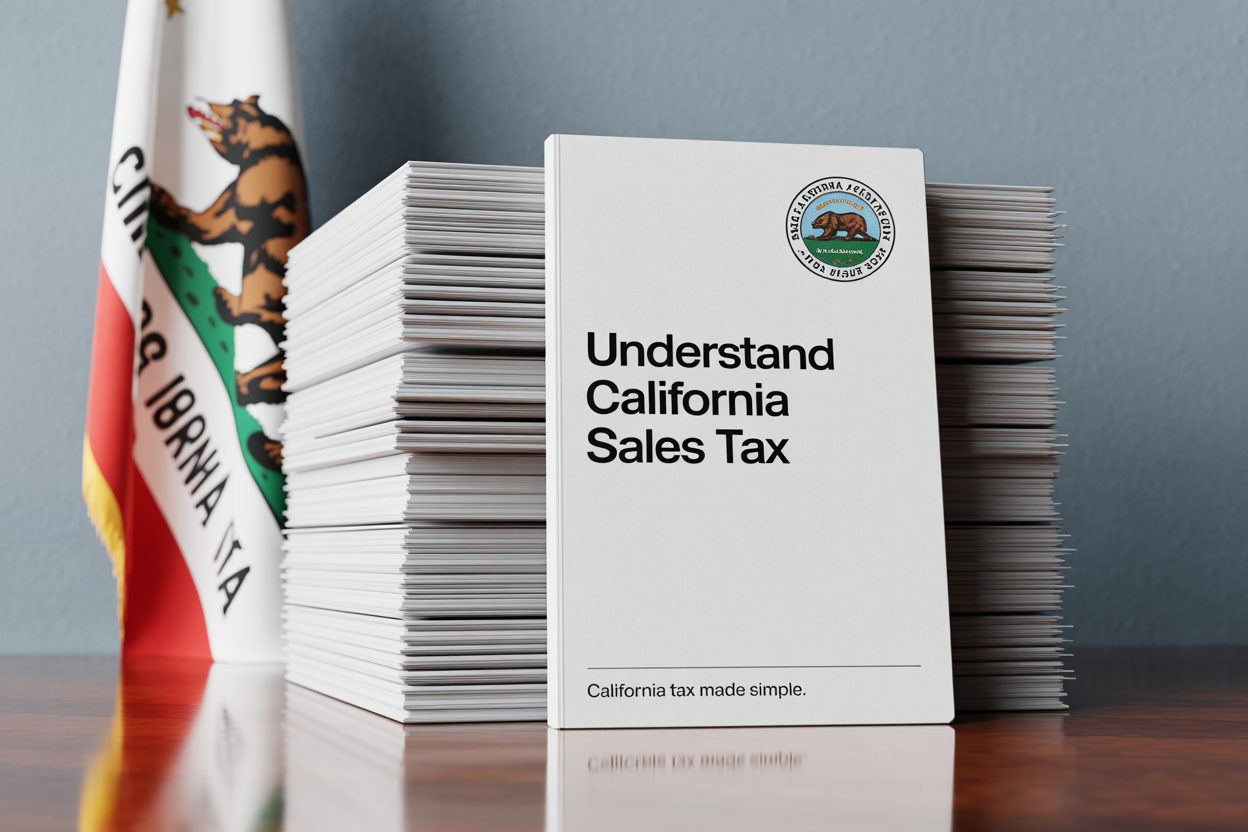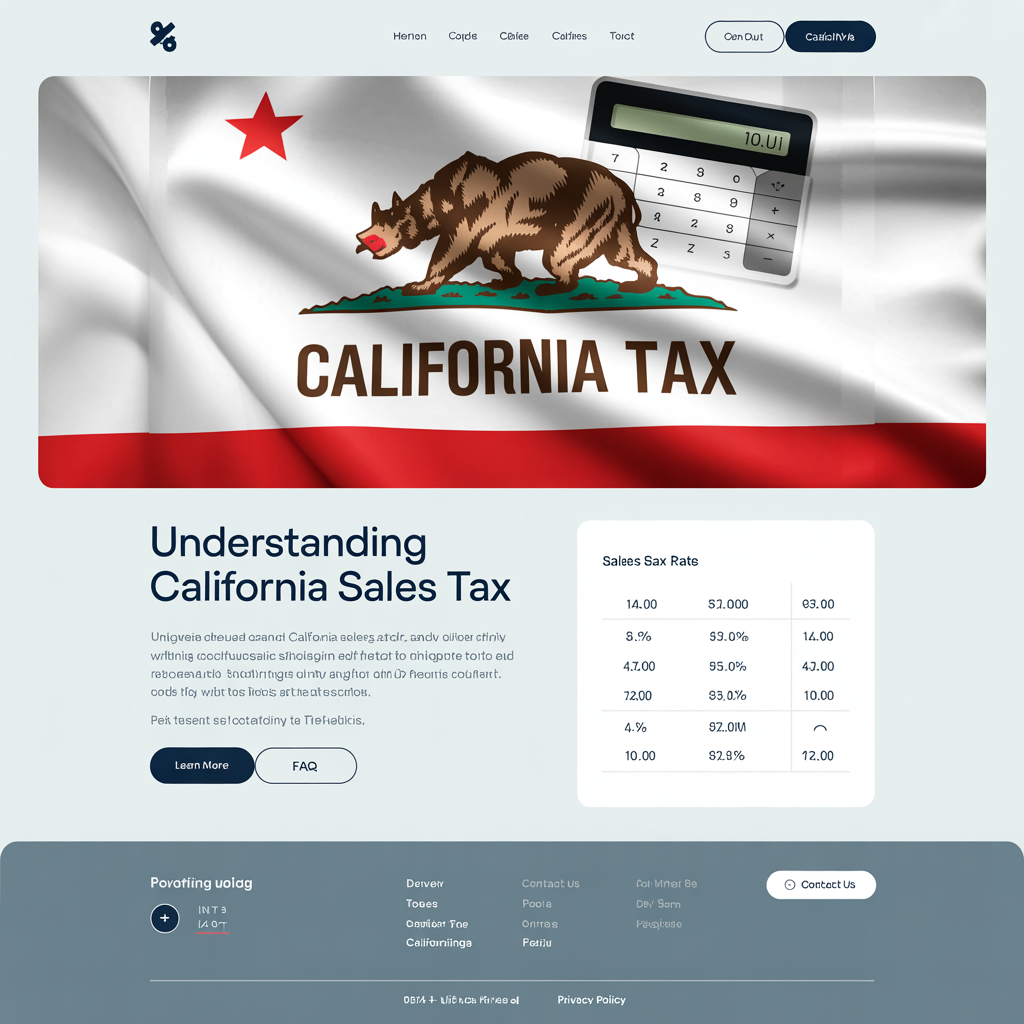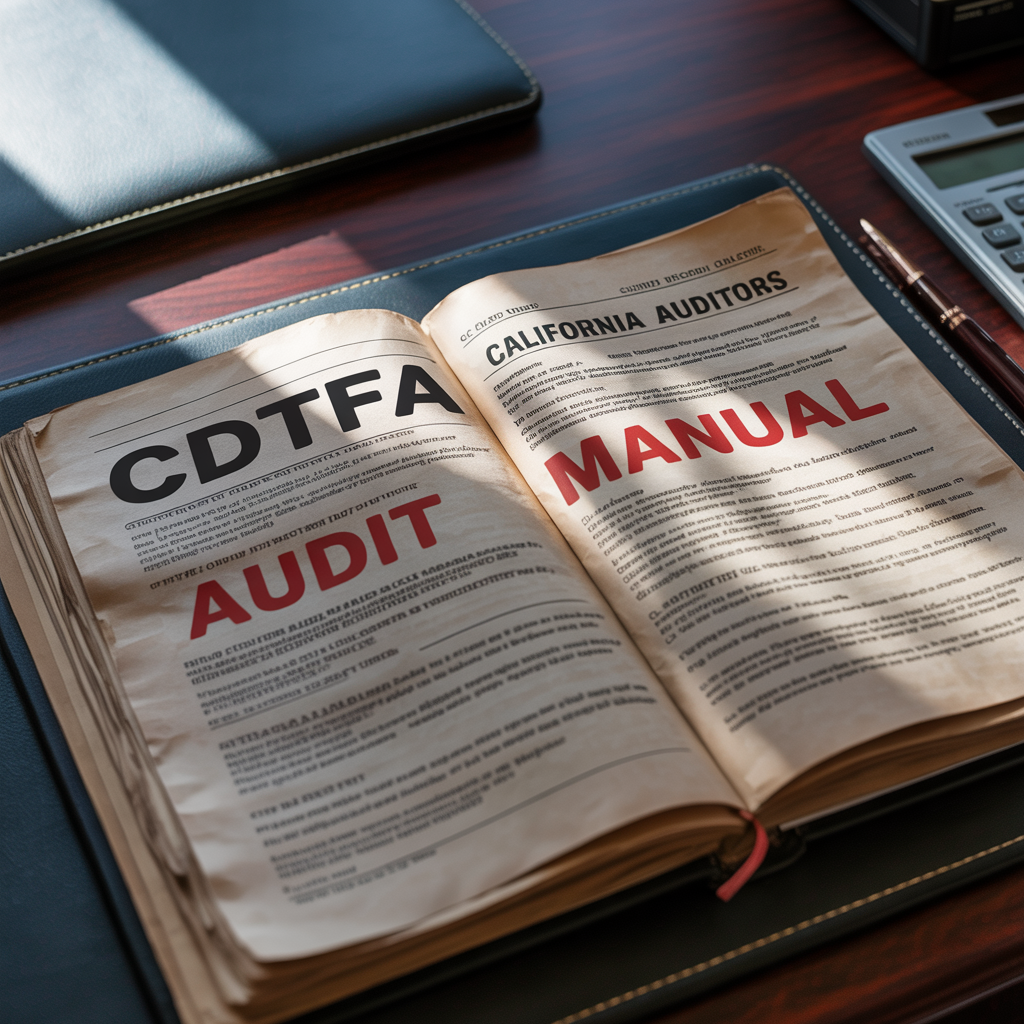What If You Disagree With the CDTFA’s Audit Findings?

If you’ve been through a California sales tax audit with the CDTFA and received a tax bill that seems completely off base, you’re not alone.
The California Department of Tax and Fee Administration (CDTFA) often issues assessments based on:
- Incomplete records
- Industry averages
- Flawed sampling methods
- Assumptions that penalize honest businesses
So what do you do when the auditor’s conclusions are wrong?
The good news:
You have the right to challenge and correct those findings.
This post explains:
- Why CDTFA audit findings are often wrong
- How to respond to a Notice of Determination
- The process of disputing an audit result
- What evidence matters
- When to get a CPA involved
Common Reasons Business Owners Disagree With CDTFA Findings
The CDTFA audits thousands of California businesses every year — and many assessments are based on:
- Missing documentation (invoices, Z-tapes, sales summaries)
- Overestimated markup rates
- Misclassified sales (e.g., non-taxable sales treated as taxable)
- Improper sampling (especially in restaurants and retailers)
These lead to inflated tax bills that don’t reflect reality.
If your audit includes assumptions or estimates that are clearly off — you must act before the assessment becomes final.
Step-by-Step: What to Do If You Disagree
1. Request a Full Explanation of the Audit Methodology
Ask the auditor for:
- Markup calculations
- Source documents
- Sampling details
- Specific reasons for disallowed deductions
You’re entitled to understand how they arrived at their conclusions.
2. File a Timely Petition for Reconsideration
If you received a Notice of Determination, you have just 30 days to:
- File a written petition stating your disagreement
- Provide a summary of your position
- Request an appeals conference or formal hearing
Do not delay — the CDTFA does not extend this deadline.
3. Submit Evidence to Refute the Findings
You’ll need:
- Sales summaries, invoices, and receipts
- POS data, Z-tape totals, or journal reports
- General ledger records
- Bank statements tied to business deposits
Organize your data to show why the CDTFA’s estimate is flawed.
Dispute Resolution Channels
You can dispute CDTFA audit findings through:
- The Appeals Bureau – informal hearing with a CDTFA attorney
- The Office of Tax Appeals (OTA) – independent 3-judge panel
- Superior Court – after paying and filing a refund claim (last resort)
Each step offers a fresh chance to present your evidence and reduce or eliminate the proposed assessment.
Can You Settle Instead of Appealing?
Yes — if your finances don’t support full payment, you may qualify for:
- An
Offer in Compromise (if the business is closed)
- A
payment plan (if you agree with some or all of the liability)
Settling may be faster and less risky than litigating a losing case.
When to Bring in a CPA
A California sales tax CPA can:
- Review your audit file for errors
- Recalculate liability based on real data
- Represent you during appeals
- Negotiate with the CDTFA on your behalf
- File a corrected sales tax return package or settlement offer
At Boulanger CPA, we help businesses fight CDTFA audits, protect revenue, and restore peace of mind.
📞 Call 657-218-5700 or Schedule a Consultation
Frequently Asked Questions
What if I disagree with the CDTFA’s audit conclusions?
You have 30 days to file a written petition for reconsideration and dispute the findings. Gather documentation to support your position and request an appeals conference.
Can I appeal a sales tax audit result in California?
Yes. After filing a petition, you can request an informal Appeals Bureau hearing or escalate to the Office of Tax Appeals if needed.
How do I prove the CDTFA audit is wrong?
Submit original records like POS reports, receipts, sales tax returns, and bank statements that contradict the CDTFA’s estimates or assumptions.
Will collections pause while I appeal?
Yes. Filing a timely petition suspends collection action while your appeal is under review.
Can I settle instead of appealing the audit?
Yes, if you qualify for an Offer in Compromise or payment plan. This is common when the business is closed or the debt is unaffordable.
📣 About the Author
Marc Boulanger, CPA is the founder of Boulanger CPA and Consulting PC, a boutique tax resolution firm based in Orange County, California and trusted by high-income individuals and business owners across Southern California.
He is the author of Defend What’s Yours: A California Taxpayer’s Guide to Beating the IRS and FTB at Their Own Game, available now on Amazon. The book offers a step-by-step plan for resolving IRS and FTB tax debt without losing your business, your home, or your peace of mind.
With over a decade of experience resolving high-stakes IRS and State tax matters, Marc brings strategic insight to complex cases involving wage garnishments, bank levies, unfiled returns, and six-figure tax debts. He is known for helping clients reduce or eliminate tax liabilities through expertly negotiated settlements and compliance plans.
Marc is a Certified Public Accountant licensed in California and Oklahoma and holds the designation of Certified Tax Representation Consultant. He is a member of the American Society of Tax Problem Solvers (ASTPS) — the national organization founded by the educators and practitioners who have trained thousands of CPAs, EAs, and tax attorneys in IRS representation strategy.
Every case is handled with discretion, proven methodology, and direct CPA-led representation — not call center scripts.
📍 Learn more at www.orangecounty.cpa or call (657) 218-5700.










